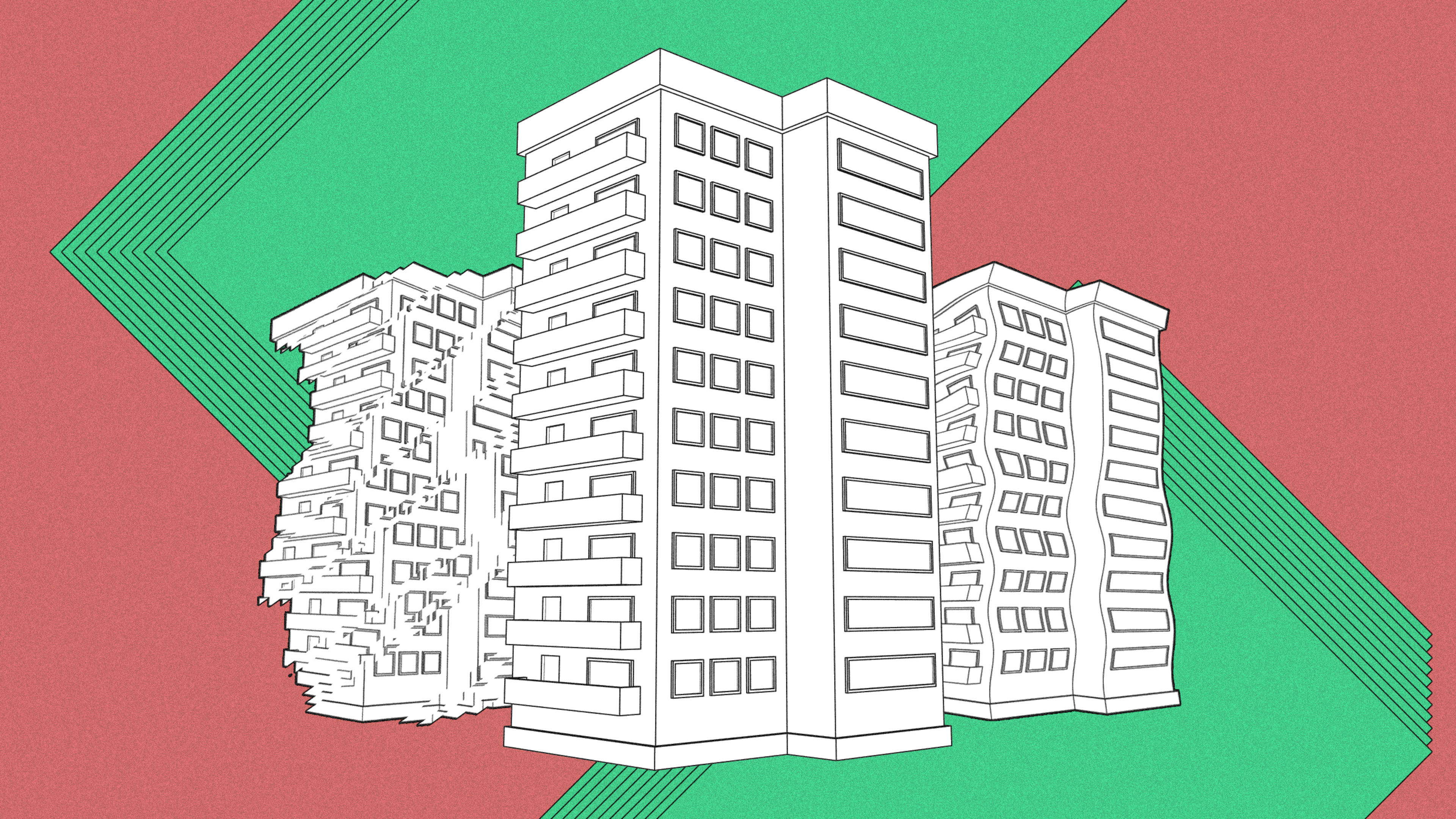In San Francisco, where a typical one-bedroom apartment now rents for $3,600, a prospective tenant may have to put down an extra $7,200 as a security deposit. The burden is similarly large in other high-rent cities, where renters may not have thousands of extra dollars sitting in a bank account. But a handful of startups are now giving tenants alternatives to help them avoid that outlay of cash—and some policymakers are beginning to consider new laws that would require landlords to offer more options.
“Housing is the single largest expense for young people today . . . obviously, rent is high. But something that’s so commonplace that the economic impact has been overlooked is the burden of security deposits,” says Ankur Jain, the cofounder of Rhino, a two-year-old startup that announced a $21 million Series A funding round today.
Working with policymakers including New York City comptroller Scott Stringer, Rhino just created a policy proposal that calls for new security deposit laws. First, it argues, property owners should offer alternatives to traditional security deposits—either installment plans that can be paid over several months, or an affordable option for insurance like the offering from Rhino. (In Rhino’s case, tenants may pay as little as $3 a month as an insurance premium, and if the landlord needs any money to repair damages, Rhino will pay.) The proposal also suggests that renters should have the option to transfer a security deposit from one landlord to the next, avoiding yet another large expense.
“When you think about the fact that 40% of millennials have no savings, all of a sudden you’re priced out of the apartment market,” Jain says. “Or even if you had some savings, it’s now locked up and tied away. You can’t do anything with it or have any sort of emergency reserves. And so we dug in a little bit deeper and found that there is $45 billion, mostly from young people’s savings today, locked up in residential security deposits. This is money that’s being kept out of the economy. It’s not being invested. It’s money that’s being taken away at a time when people need it most.” Rhino doesn’t have statistics about how many tenants can’t rent apartments because of lack of funds for a security deposit, but it notes that the number of young people moving back in with parents continues to rise.
A driver renting a car doesn’t put down $10,000 in cash in case of damage—they pay for insurance. Rhino believes that renting an apartment shouldn’t be any different, and says that it’s offering can cut the upfront cost of getting housing in half. Other startups have followed with similar offerings, although some charge more money. A company called Jetty, for example, charges a one-time 17.5% fee; for a $1,350 deposit, the tenant would end up spending $236.25.
Rhino’s premiums don’t come back to renters at the end of the lease in the way that a security deposit would, but since the money that tenants save could theoretically be invested in an account that earns interest, Jain argues that even for tenants who have the cash on hand, it makes more sense financially to opt for the insurance.
Rhino spun out of Kairos, an incubator that Jain founded after college to help other young entrepreneurs use tech to tackle some of society’s most challenging problems, from affordable housing to childcare and education. “When we set up Kairos, I think one of the things that was most shocking and surprising to us was if you look at the economy of the United States today, on one hand, you have technology companies that are as powerful in many ways as is the government,” he says. “And yet there just doesn’t seem to be much happening to help everyday people in this country. You’ve got this influx of capital that’s constantly being invested into services for other wealthy people in San Francisco built by people in San Francisco.”
Since launching Rhino, the company has started working directly with property managers across the country. In 2019, he says, the startup has saved renters $60 million so far. But he sees a need for better policy to make this type of option more accessible. Some cities and states are beginning to change policy. In Seattle, a law took effect in 2017 that limited security deposits to one month’s rent and required landlords to allow tenants to pay for that deposit in a six-month installment plan. In New York, a historic new rent control law also limits security deposits to no more than a single month of rent. Jain believes that this type of change is politically feasible elsewhere.
“This is one of the few housing policies—the only one that I’ve come across personally, that is bipartisan and that can have a significant needle-moving impact on the housing market,” he says. “And yet it benefits tenants without hurting landlords. So the path to making this a reality is fairly straightforward.”
Recognize your company's culture of innovation by applying to this year's Best Workplaces for Innovators Awards before the extended deadline, April 12.
